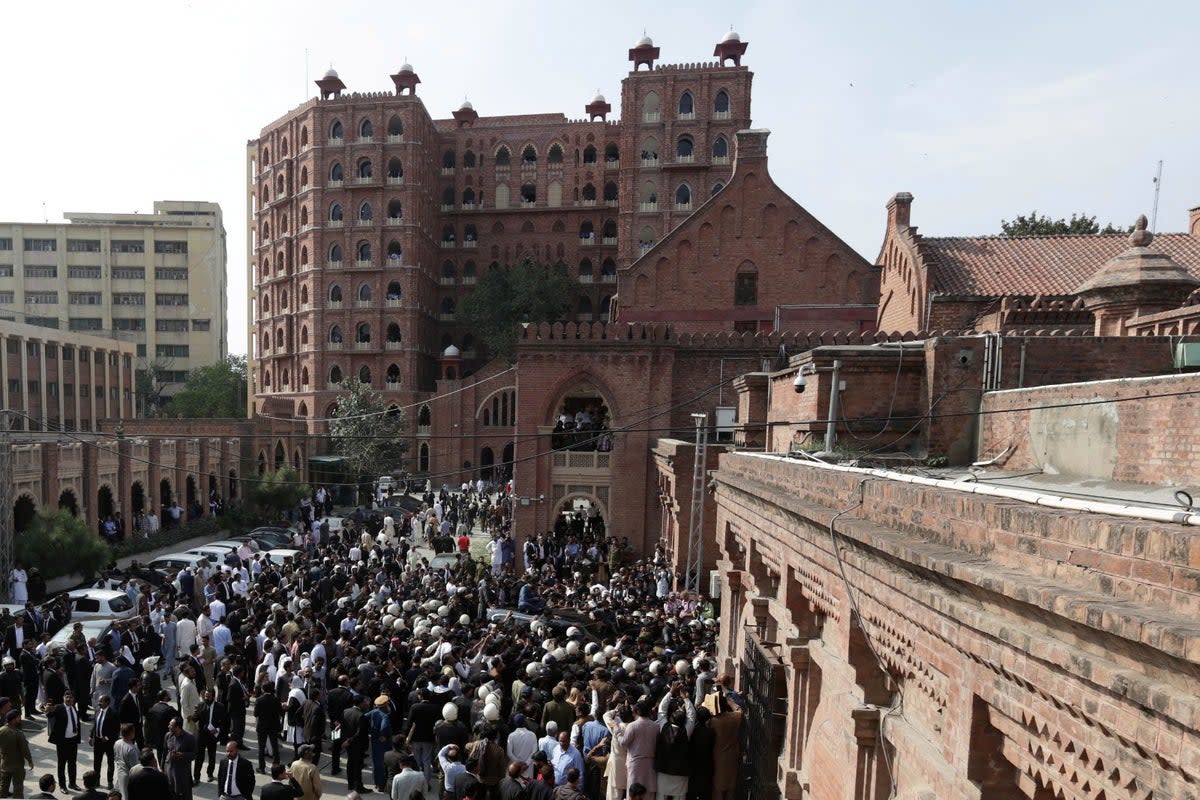Pakistan court strikes down colonial era ‘sedition’ law in major step towards protecting citizens’ rights

A controversial colonial-era sedition law that critics said was increasingly being used by Pakistan’s government to stifle dissent has been struck down by the Lahore High Court.
Justice Shahid Karim of the high court invalidated section 124A of Pakistan’s criminal code while pronouncing a verdict on a batch of petitions that argued it was being used by ruling political parties against their rivals.
The British-era law punished anyone with at least three years or even life imprisonment for “attempts to excite disaffection towards the federal or provincial government”.
A written ruling on the decision is yet to be released, the Dawn newspaper reported.
Justice Karim scrapped the sedition law on grounds that it was being used by the government in power for the exploitation of their critics and rivals, including journalists, politicians and activists.
A petition filed by a citizen urged the court to invalidate section 124A of the constitution as it was “inconsistent and in derogation of fundamental rights”.
It said that the law has been “recklessly used in Pakistan” as a tool of exploitation to curtail the right to free speech and expression guaranteed in the constitution.
A petition argued that it is “a notorious tool for the suppression of dissent, free speech and criticism in free and independent Pakistan”.
Justice Karim – who convicted Pakistani military general Pervez Musharraf in 2019 in a treason case and sentenced him to death – was praised for his verdict on social media on Thursday.
Faisal Hussain, a supreme court lawyer, praised Mr Karim for “realising the atrocities caused by this black law”.
“124A was a colonial relic making it a crime to excite disaffection or contempt against govt.... Glad its finally off our statute books,” tweeted another lawyer, Salahuddin Ahmed.
The striking down comes as several top opposition politicians of the Pakistan Tehreek-e-Insaf (PTI) party have been charged and arrested under the controversial law. Former prime minister Imran Khan claimed earlier this month that at least 76 cases have been filed against him, including on charges of sedition, terrorism and blasphemy.
Fawad Chaudhry, vice president of the PTI and former information minister, was arrested on 25 January for allegedly inciting violence against officials of the Election Commission of Pakistan.
Several former ministers, activists and journalists have been charged under the law. They include former prime minister Nawaz Sharif, journalist Cyril Almeida, Pashtun rights activist Manzoor Pashteen, human rights activist Ammar Ali Jan and poet Faiz Ahmed Faiz.
Last year in May, India’s Supreme Court put a hold on the country’s own identical sedition law. The court asked the central and state governments to keep in abeyance Section 124A of the Indian Penal Code.
It also comes as a new constitutional crisis has emerged in Pakistan. The Shehbaz Sharif government sought to limit the powers of Pakistan’s Supreme Court by presenting a Supreme Court (Practice and Procedure) Act, 2023.
Mr Sharif said “history would not forgive us” if the country’s parliament did not enact laws to curtail the powers of its top judge and alleged the apex court was creating “political instability” in the country.


